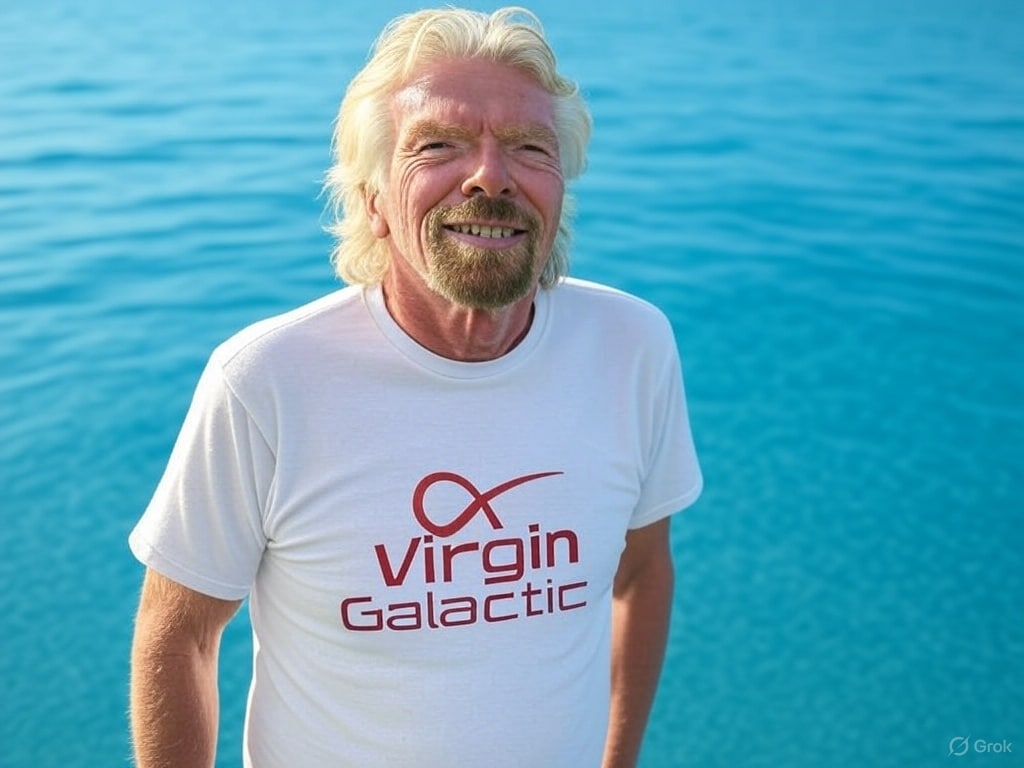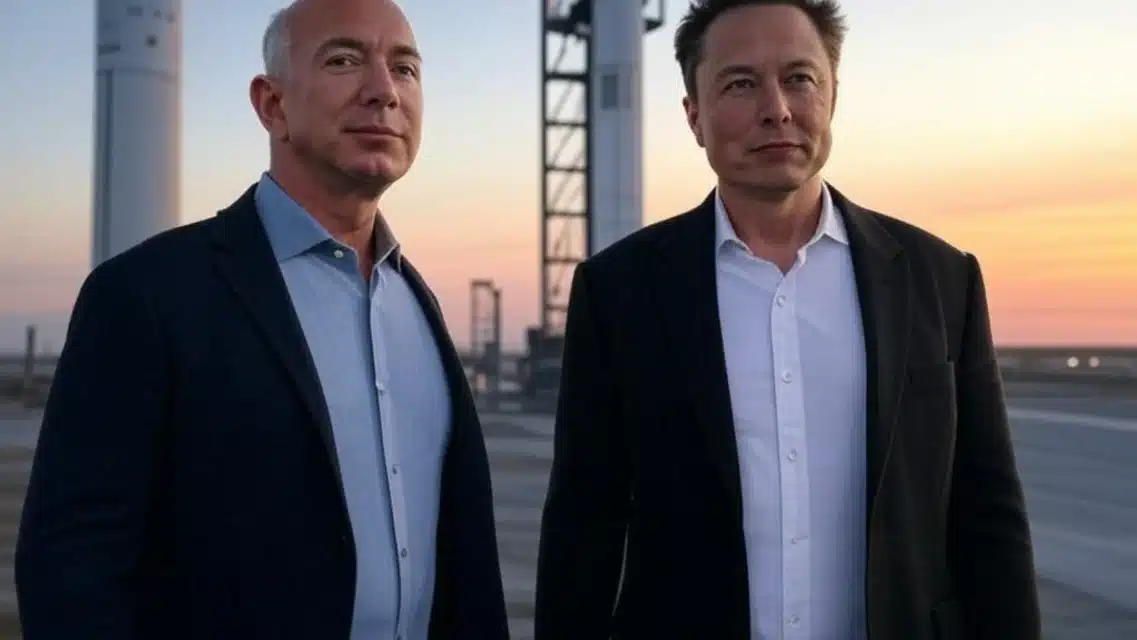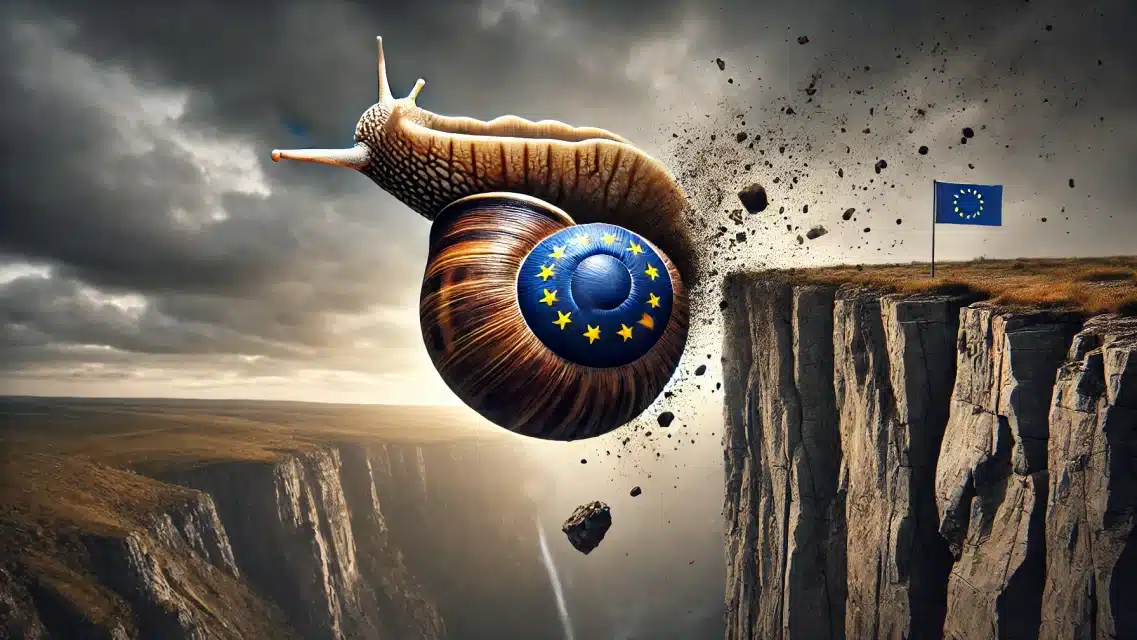What signals point to a visionary leader? Your dedication to building an impactful online presence speaks volumes about your commitment to leadership. Creating authoritative leadership content on social media is no small feat, but I'm here to guide you through some of the intricacies of personal branding. Drawing from real-world applications and a deep understanding of how digital platforms shape leadership narratives, these insights are tailored to help you succeed.
For CEOs, executives, and entrepreneurs who aspire to make a global impact, these are the five indisputable laws of personal branding online.
Law 1: You must be authentic
Daniel Ek of Spotify gives a good showing of authenticity through his transparent and genuine posting style, particularly on platforms like LinkedIn and X. Ek consistently shares his true self and values (often speaking directly into his phone camera), focusing on what he believes as a primary starting point for important messages. Ek’s candid posts about Spotify’s journey and his personal reflections on leadership have helped build a strong internal culture and fostered trust and loyalty among Spotify's employees and users. A key moment that illustrated this approach occurred when Spotify faced backlash over its royalty payments to artists. Ek addressed the issue head-on in a blog post, explaining Spotify's payment structure and expressing his commitment to improving artist compensation. This transparency reinforced his authenticity and trustworthiness (Fast Company) (The CEO Magazine) (The Observer Effect).
Conversely, Beyoncé faced criticism during the launch of her hair care product line, Cecred, due to her lack of authentic presence in the campaign. The marketing strategies seemed disconnected from her personal brand, with overly polished content that failed to resonate with the audience. This disconnect highlighted the importance of maintaining authenticity in all brand communications, as lapses can lead to public distrust and damage to the personal brand, and the product brand.

Law 2: You must consistently create value
Rihanna (Caribbean people bigup yaself), CEO of Fenty, continues to exemplify consistent value creation through her mission to be inclusive and innovative beauty and fashion, particularly showcased on Instagram. By championing diversity in her interviews, posts and wide range of products that cater to all skin tones and body types, Rihanna has consistently met the needs of a diverse global audience. Her Instagram feed is filled with posts that highlight the diversity and inclusivity of her brand, featuring real customers and influencers of all backgrounds. Her dedication to inclusivity and quality has transformed Fenty into a billion dollar brand in the beauty and fashion industries, garnering significant market share and customer loyalty. Conversely, Marissa Mayer's tenure at Yahoo has been used as an illustration of the pitfalls of inconsistent value creation. Despite her efforts to revitalize Yahoo, the lack of a clear, consistent strategy led to missed opportunities and a decline in market relevance, culminating in Yahoo's eventual sale to Verizon (Gartner).
Law 3: You must engage
Richard Branson of Virgin Group is well known for actively engaging with his audience on social media platforms like LinkedIn, X, and Instagram, sharing insights and responding to feedback. This engagement has humanized his brand and strengthened his connection with both customers and employees, contributing to Virgin’s diverse and loyal customer base. For instance, Branson often shares personal anecdotes and behind-the-scenes looks at his ventures, making his audience feel more connected to him and his brand. He frequently responds to comments and questions, creating a two-way dialogue that fosters a sense of community and loyalty. This approach has fostered a community of followers who are deeply invested in Virgin’s success. On the other hand, former Uber CEO Travis Kalanick's failure to engage constructively with both internal and external stakeholders created what has been called a toxic corporate culture and public relations crises. This lack of meaningful engagement contributed to a tarnished company reputation and his eventual resignation.

Law 4: You must tell stories
Elon Musk effectively uses visual storytelling to communicate the vision and achievements of SpaceX and Tesla on platforms like X and YouTube. His use of compelling videos and imagery, such as the dramatic SpaceX rocket launches, captures public imagination and builds excitement around his ventures. For example, the live stream of the Falcon Heavy launch, which included a Tesla Roadster in space, was a masterful use of visual storytelling that captivated millions worldwide. Musk’s X feed is filled with real-time updates and visuals from his projects, providing followers with a front-row seat to his innovative endeavours. This approach has significantly enhanced the brand's appeal and investor confidence. Conversely, John Sculley’s tenure at Apple, which lacked the visionary visual storytelling that Steve Jobs championed, led to a period of innovation stagnation and a decline in Apple’s market position until Jobs returned to revive the company. It's my personal opinion that Tim Cook may be falling into the same trap.
Law 5: Showcase your adaptability
Jeff Bezos, Amazon founder, embodies this law through continuous adaptation and innovation, showcased across LinkedIn and Amazon’s official social media accounts. Whether by expanding into cloud computing with AWS or developing new business models like Amazon Prime and Kindle Direct Publishing (KDP), Bezos’s foresight and willingness to innovate have kept Amazon at the forefront of multiple industries, driving its exponential growth. Amazon’s investment in AI and machine learning has revolutionised its logistics and customer service, setting the standard for the industry. In contrast, Antonio Pérez at Kodak famously failed to adapt to the digital revolution, remaining too focused on traditional film products. This inability to innovate led to Kodak's decline and eventual bankruptcy, illustrating the critical need for continuous adaptation in a rapidly changing market.
I put together these laws with the intention to provide an easy reference for checking in on your own output for your personal brand. Now more than ever, it is so important for you to get this right. Lead with authenticity, innovate with courage, and let these principles guide your personal branding journey.



